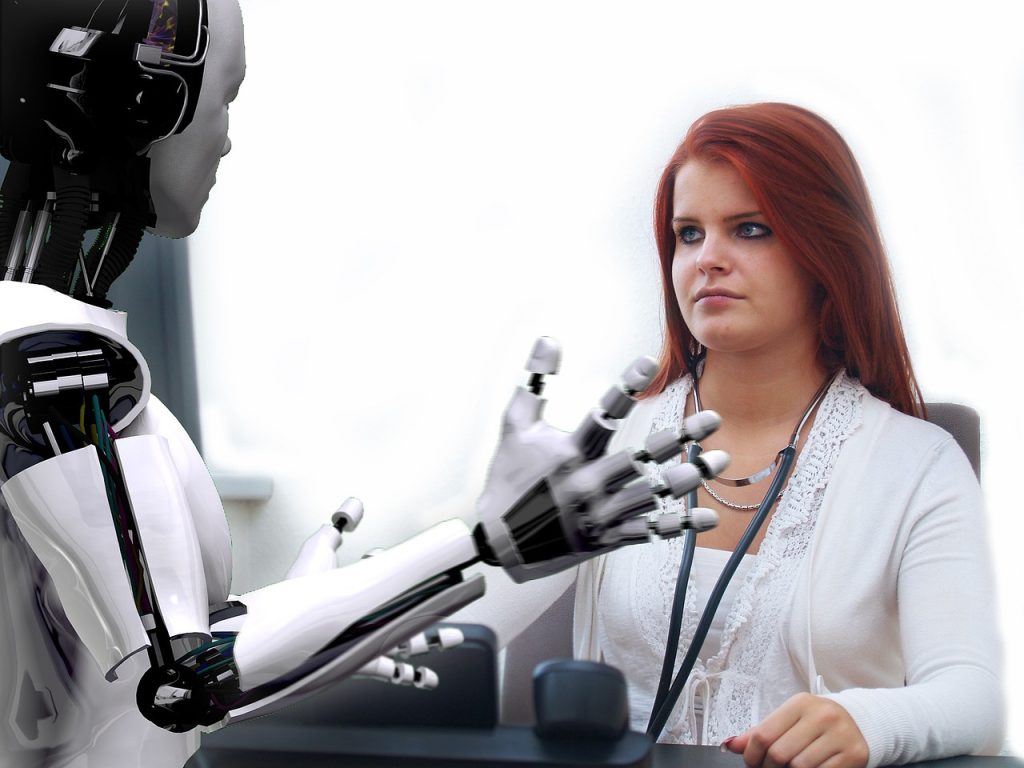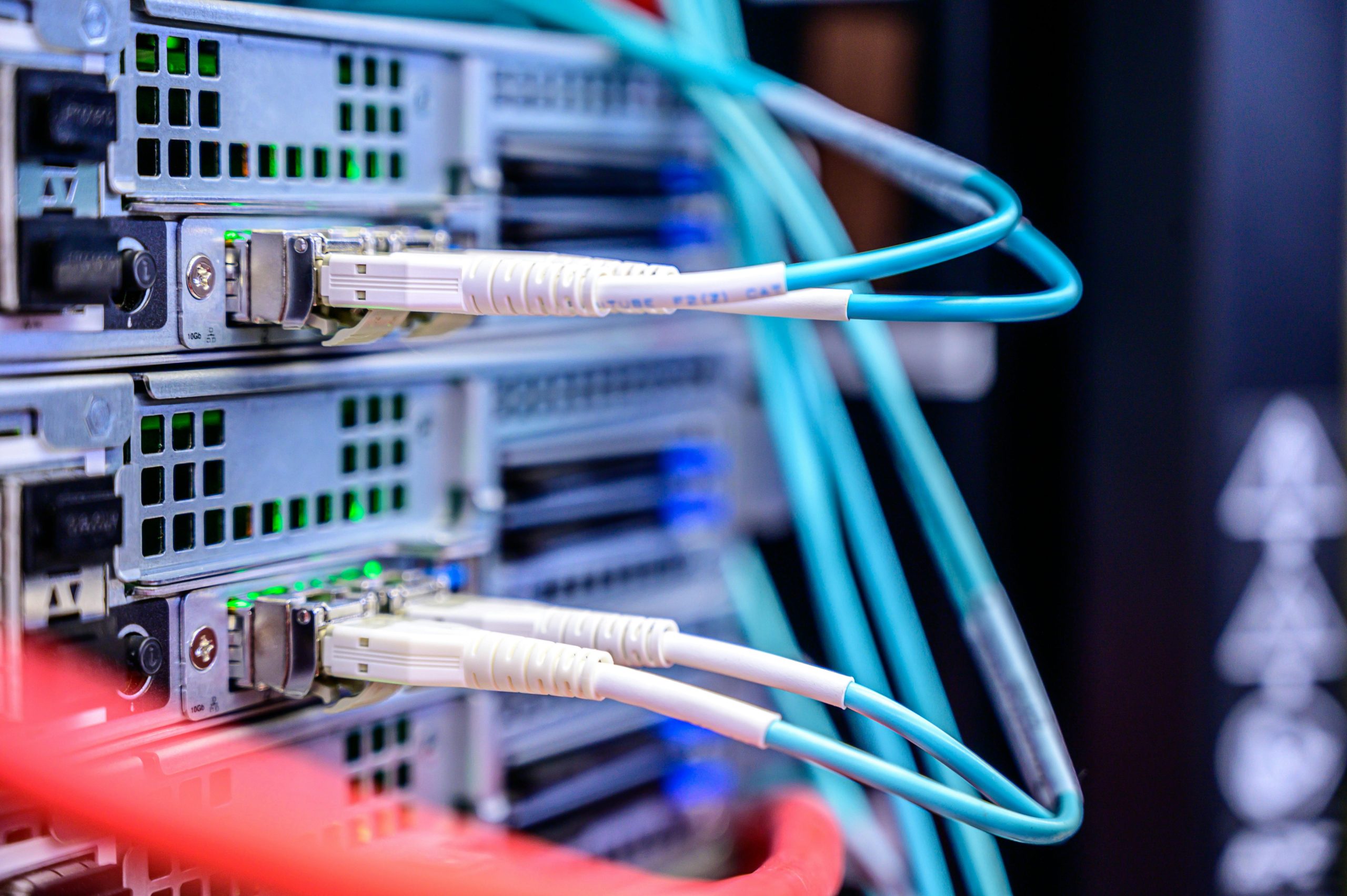Introduction
Imagine a world where your phone knows what you’re about to text before you type it, your car drives itself, and your favorite streaming service recommends the perfect movie every time. Sounds like science fiction, right? Well, welcome to the world of Artificial Intelligence (AI)—the technology that’s changing the way we live, work, and play.
In this guide, we’ll break down what AI is, how it works, and why it’s such a big deal. Whether you’re a tech newbie or just curious about the buzz, this post is your ticket to understanding the future of tech. Let’s dive in!

What is Artificial Intelligence?
Artificial Intelligence, or AI, is the science of making machines smart. It’s about teaching computers to do things that usually require human intelligence, like:
- Recognizing faces in photos.
- Understanding spoken language (hello, Siri and Alexa!).
- Making decisions based on data.
Think of it this way: If a regular computer is like a calculator (it only does what you tell it to), an AI-powered computer is like a brain—it can learn, adapt, and even make predictions.
How Does AI Work?
AI works by using algorithms (fancy math formulas) and data to learn patterns and make decisions.
Here’s a simple breakdown:
a. Machine Learning (ML)
- What it is: A type of AI where machines learn from data without being explicitly programmed.
- Example: Netflix uses ML to recommend shows based on what you’ve watched before.
b. Deep Learning
- What it is: A more advanced form of ML that mimics the human brain using neural networks.
- Example: Self-driving cars use deep learning to recognize pedestrians, stop signs, and other vehicles.
c. Natural Language Processing (NLP)
- What it is: AI that understands and generates human language.
- Example: Chatbots like ChatGPT can have conversations with you.
AI in Everyday Life
AI isn’t just for tech giants—it’s already part of your daily life. Here are some examples:
a. Virtual Assistants
- Siri, Alexa, and Google Assistant use AI to answer your questions, set reminders, and even tell jokes.
b. Social Media
- Ever wonder how Instagram always shows you the perfect meme? AI analyzes your likes and shares to curate your feed.
c. Healthcare
- AI helps doctors diagnose diseases, predict patient outcomes, and even discover new drugs.
d. E-commerce
- Amazon uses AI to recommend products you’re likely to buy (and let’s be honest, it works a little too well).
Why Should You Care About AI?
AI isn’t just a buzzword—it’s shaping the future. Here’s why it matters:
- For Individuals: AI makes life easier, from personalized recommendations to smarter home devices.
- For Businesses: AI helps companies save time, reduce costs, and improve customer experiences.
- For Society: AI has the potential to solve big problems, like climate change and healthcare access.
Fun Facts About AI
- The global AI market is expected to reach $1.8 trillion by 2030.
- AI can now create art, write poems, and even compose music.
- The first AI program was written in 1951—before the internet even existed!
How to Get Started with AI
Ready to explore the world of AI? Here’s how you can dive in:
a. Learn the Basics
- Check out free online courses on platforms like Coursera or edX.
- Read beginner-friendly blogs (like this one!) to stay updated.
b. Experiment with AI Tools
- Try AI-powered apps like ChatGPT, Canva’s Magic Design, or Grammarly.
- Explore AI tools for small businesses, like HubSpot’s AI features.
c. Join the AI Community
- Connect with other AI enthusiasts on forums like Reddit’s r/Machine Learning or LinkedIn groups.
- Follow AI experts and influencers on social media.
How Cyberlobi Can Help You Learn AI
At Cyberlobi, we’re passionate about making tech accessible to everyone. Whether you’re a beginner or a pro, we’ve got the resources you need to learn about AI and other cutting-edge technologies.
Join our community today to access free tutorials, connect with experts, and stay ahead of the tech curve.
Share this post



